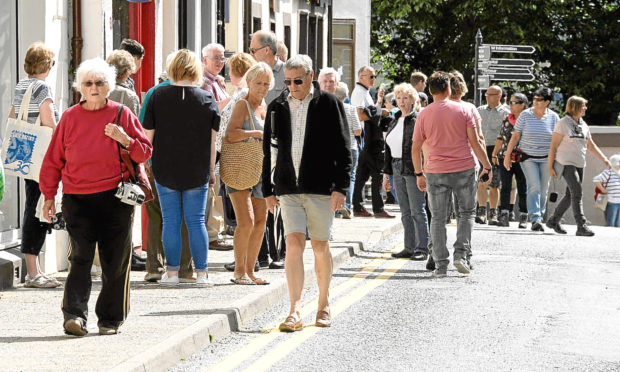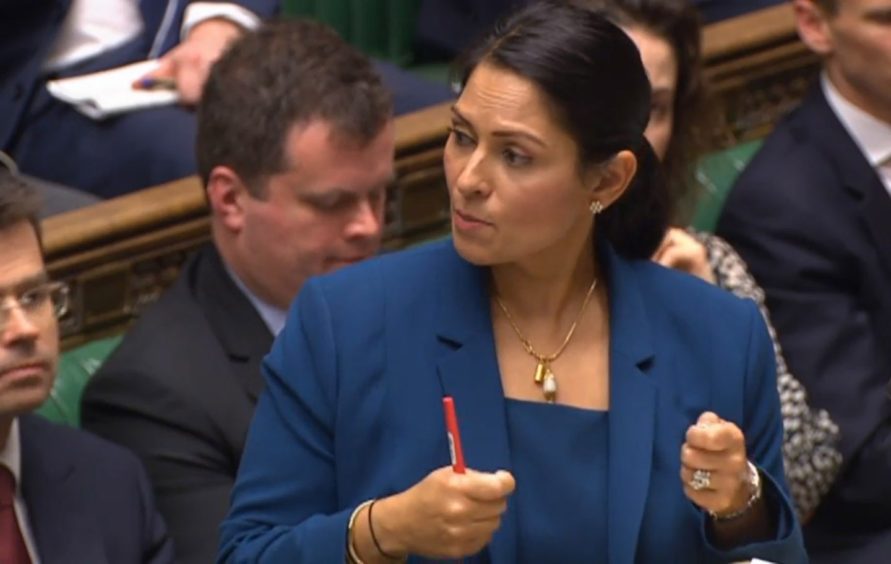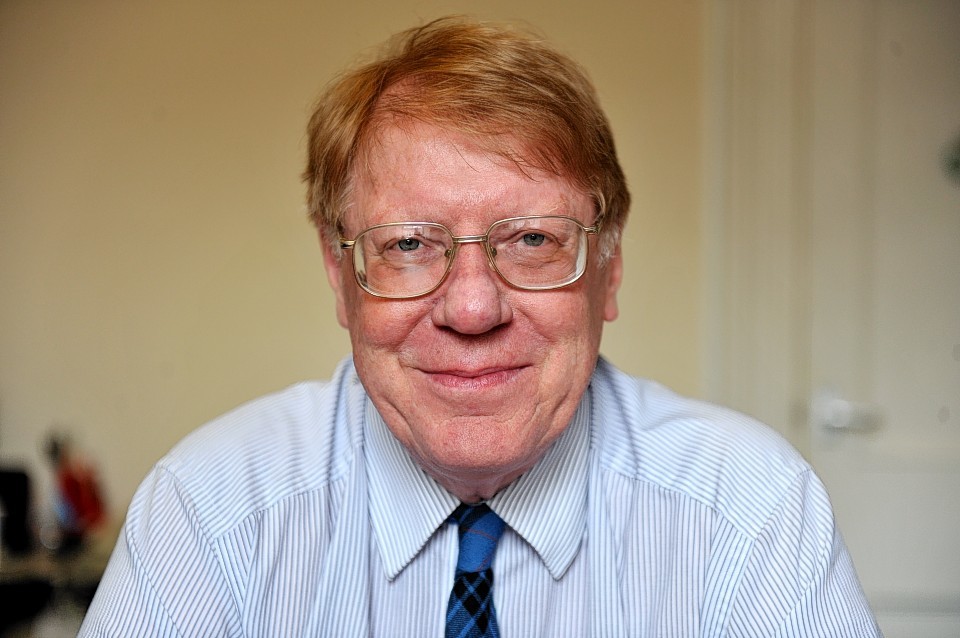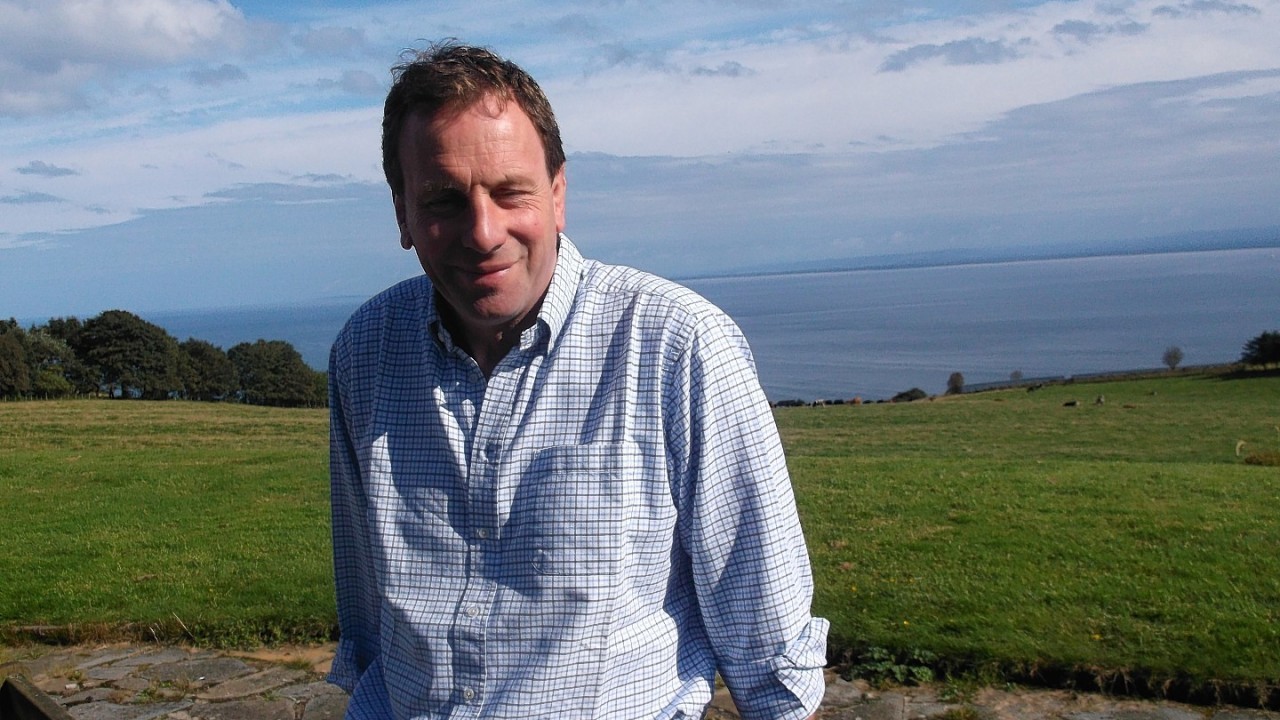Controversial immigration system changes could create a fresh “crisis” for Scotland’s tourism and hospitality firms – but may also offer benefits in the long-term, experts have claimed.
One leading figure said that businesses should respond to cuts to the number of foreign workers by “reinvigorating” themselves through improved training, standards and pay, in order to attract more young Scots into the industry.
David Whiteford, chairman of the North Highland Initiative, which was behind the hugely successful North Coast 500 driving route, said there are concerns about the impact of the new restrictions.
But he added: “I always want to turn an opportunity out of a crisis and I think this could absolutely do that.”
Further details of the UK Government’s new points-based system sparked a new row this week amid concern that care home workers, and people in other low-paid professions, would no longer qualify for visas.
Under the plans, people who want to live and work in the UK will need to gain 70 points to be eligible to apply for a visa.
Points will be awarded for key requirements such as being able to speak English to a certain level, having a job offer from an approved employer, and meeting a minimum salary threshold.
The Scottish Tourism Alliance previously warned that the sector, already struggling as a result of the pandemic, would face even worse recruitment problems if the policy was approved.
Inverness-based economist Tony Mackay said he has “mixed feelings” about the proposed change.
“I believe that in the short run it will create significant economic problems but in the long run there could be some welcome benefits,” he said.
“There are currently a lot of foreign workers in Scotland who contribute substantially to the economy.
“The best example is probably the oil and gas industry; others include tourism and hospitality, health and social care, and fruit and veg picking.
“I do not anticipate any significant problems for the local oil and gas industry because most of the foreign workers are very skilled and will meet the UK Government’s requirements.
“However, the other industries will certainly face problems because many of their workers will not meet the skill and possibly English language requirement.”
Points-based immigration: Would you be allowed into the UK under the new rules? Take the test now
Mr Mackay believes the short-term pain could prove to be beneficial in the future.
“In the longer run I believe that it would be much better if many of these jobs were filled by Scottish residents, particularly by young people,” he said.
“We have become too dependent on cheap labour from overseas. In that context the new system could have benefits.”
Meanwhile, Mr Whiteford said there are “undoubtedly” concerns about the impact of the changes on hospitality businesses, and urged them to use it was “stark wake up call”.
He said: “We badly need to reinvigorate hospitality as being a career for our young here, because we’ve relied for so long on others to do it for us, and we’ve never given it the credit, as an industry, that it deserves. And we don’t value the people that work in it well enough.
“We need better training and we need to create a higher regard for that sector within our own population, and try and get more people, both locally and in the rest of Scotland, to come to the Highlands and create a career in hospitality.
“I always want to turn an opportunity out of a crisis and I think this could absolutely do that.”



